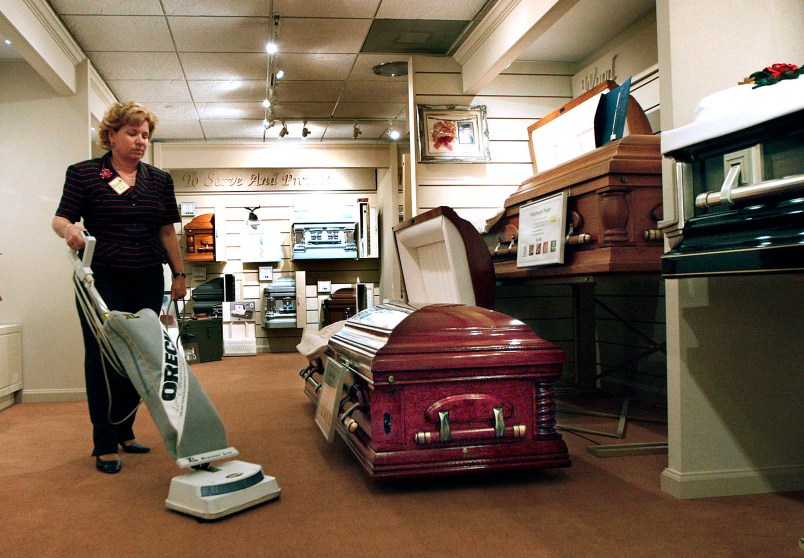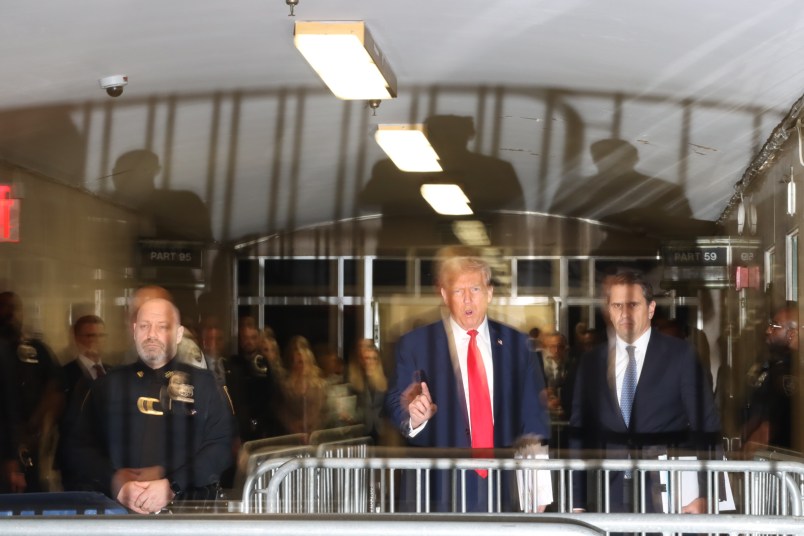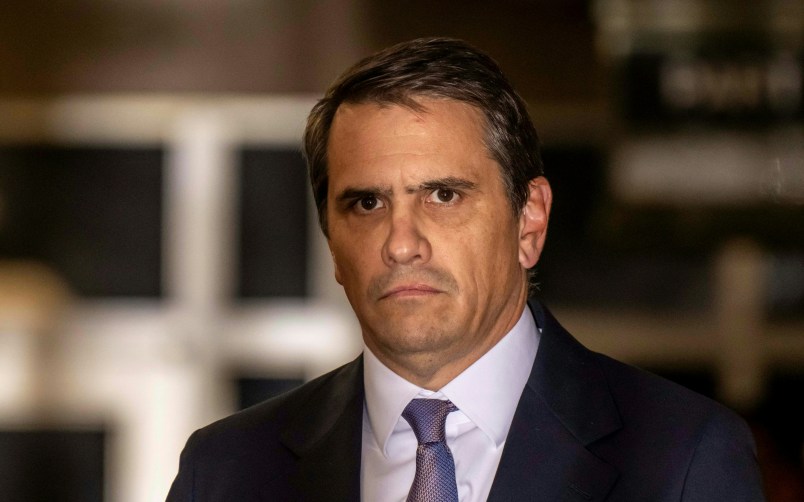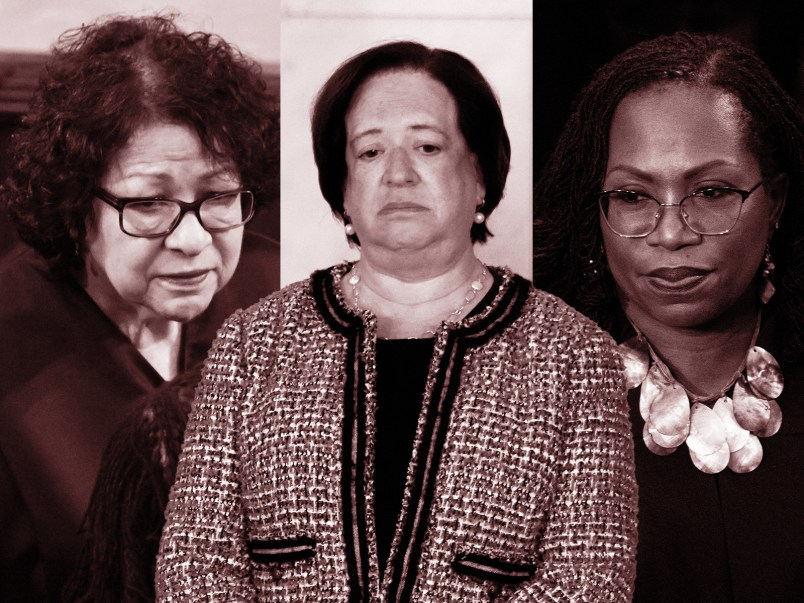“We’re pretty much out — have been out since last week.”
Angelo Frazetta sighed.
“I must take 30 calls a day from funeral homes looking for masks, gowns, etc., etc.,” he said. “I can put them on a waiting list. I can’t even say when we’ll get anything.”
Frazetta is a jack-of-all-trades in the funeral business: he works for Wilbert Funeral Services, a funeral supply company, as the northeast sales representative, providing “embalming fluids, anything you need to prepare a body, personal protection equipment, disinfectant, the whole gamut.” He also does “hands-on work,” restoring and embalming bodies, and instructs on proper methodology at mortuary schools.
His work puts him constantly in touch with funeral directors throughout some of the states hit hardest by the outbreak. The picture he paints of his industry as the coronavirus roars through the country is a bleak one: embalmers breathing through makeshift bandana-masks as they handle bodies the virus may live on for an unknown length of time; funeral homes accruing financial hits as viewings and funerals become untenable; grief-stricken clients gathered to mourn who may be unknowing vectors of the disease themselves.
Staff at funeral homes ringing New York City — which had 25,000 known cases as of Friday morning — echoed Frazetta’s reports of dire supply shortages, and shared his fear about the risks the pandemic posed to their business, and to their health.
‘Some of my guys have one mask … or no mask’
A shortage of personal protective equipment (PPE) has stricken every line of defense in the war against the pandemic.
Nurses and doctors in hospitals face depleted stores, long-term care centers are running low, mega manufacturers like 3M are trying to ramp up production, Amazon is cracking down on sellers trying to price gouge with the limited supplies.
“We don’t usually carry tons of that stuff,” said Matt Flammia, funeral director at two homes in central New Jersey. “We have a supply but it’s very limited. Some of my guys have one mask — or no mask.”
He said that his staff is trying to take precautions as best they can, washing up regularly with soap and water, but that even their hand sanitizer supply is running low. “I think we have two bottles left,” he said.
His homes are on waiting lists for more equipment, he said, but “masks are really going to hospitals first.”
“We’re last on the food chain,” Frazetta agreed, saying that what protective gear can be found is being hustled to health-care workers on the front lines. “The N95 mask, pretty much the staple in the industry, is like gold now.”
While funeral workers enter the story of a coronavirus victim’s life later than doctors and nurses, they similarly face the risk of falling ill themselves. The Occupational Safety and Health Administration (OSHA) lists “deathcare workers (including coroners, medical examiners, and funeral directors)” among those with “increased exposure risk” to the disease.
Per the Centers for Disease Control, “scientists and researchers have not determined how long the virus remains virulent in the body after death.” Research does suggest, though, that it can live up to three hours after being aerosolized (sprayed in the air) and up to two to three days on some surfaces, including plastic and stainless steel.
“Unfortunately it’s just such a new strain that the knowledge of it is limited,” said Chris Robinson, a board member of the National Funeral Directors Association who also runs funeral homes in South Carolina. “You just have to take the utmost precautions.”
The possible risk for coronavirus spread is twofold: longevity on surfaces the body has touched, as well as dissemination through the air. While a body is being embalmed, air is released from the lungs, which can expel the virus, making it particularly risky for workers lacking the proper protection.
“The dead body is still very dangerous,” Frazetta said. “Not to mention another thing looking at a corona case, when the family wants to come and make arrangements, you gotta figure they were around the decedent who had corona. They may very well be asymptomatic, but you’re opening yourself up to the family as well.”
That’s a front-of-mind concern for Michael Grandi, the vice president of operations for the Jersey Memorial Group which operates 10 funeral homes across New Jersey, three in Pennsylvania and one in West Virginia.
He described the precautions his staff takes when they pick up a body at a hospital morgue: immediately upon leaving, they take off their gowns, gloves and other protective equipment, and dispose of it in a garbage bag. They then re-suit up in fresh equipment to transport the body to the funeral home, changing again after dropping it off. All the surfaces in the homes are scrubbed down religiously and bleached between small gatherings.
They have the luxury of being so careful because Grandi, whose career has brought him face-to-face with disaster before, has scrupulously outfitted his homes with supplies.
“Part of this actually was due to what we faced with Superstorm Sandy,” he said. “We had about 13 services lined up when the storm hit and knocked out the power at our funeral homes for a week. It was a trying time where we didn’t know how to prepare; everything was reactionary. I dealt with September 11th early in my career, and my location in Morganville [New Jersey] had the most casualties. We did a tremendous amount of funerals.”
Though he never thought he’d see a pandemic like COVID-19 in his lifetime, Grandi’s experience with those other disasters taught him the virtue of preparation.
Starting in early March, as the number of cases grew across the country in Washington state, his team started beefing up their protective supply stocks, set up the technology so his accounting staff could work remotely and had guests sign in and leave their information, so they could be contacted if someone who’d been through the home tested positive.
“Nothing surprises me anymore,” Grandi said.
Loss In A Time Of Pandemic
Some of the challenges posed by the coronavirus outbreak are more emotional than logistical. Due to nationwide limitations on gatherings, funerals and viewings have to look very different than they did before the outbreak.
“Even when everything is shut down, or very close to that, we still have to take care of people’s loved ones,” said Robinson. “Death does not stop.”
Some homes are encouraging families to opt for direct burial or cremation to avoid the health risks of a more traditional embalming and open-casket funeral.
“Most families don’t want to hear that,” said Flammia.
The ever-prepared Grandi is setting up a creative work-around to cemeteries’ new rule that only a funeral director can bear witness to a casket’s burial. He is trucking in grass and lowering equipment at one of his locations to make a “mock gravesite” that the family can gather around, before the body is transported for the real burial.
Still, it can be hard to give families the emotional closure they need under strict public health guidelines. “Priests won’t come out to do services unless it’s in the parking lot of funeral homes,” Grandi said.
The restrictions pose economic challenges, as well as emotional ones. Funeral homes are losing out on profits they’d usually pull in from hosting viewings and ceremonies.
“It’s absolutely a loss in revenue,” Grandi said. “Since churches are closed, we’re not doing viewings so those facilities are no longer needed. And since we can’t go to church and are not conducting services, the limos usually utilized to get from the home to the church to the cemetery and back are sitting idle.”
“If you’re a smaller home and you got a run on direct cremations, you might be forced to close your door down the road,” Frazetta said of the cheaper procedure.
Flammia called the economic losses “significant.”
It’s hard to know for sure what the coronavirus pandemic will look like in coming days and months, and much of the degree of catastrophe will be affected by how disciplined Americans are about mitigation efforts, like social distancing. New York Gov. Andrew Cuomo (D) predicted that the peak in his state will likely hit in late April or at the beginning of May.
By all accounts, we are not past the worst of it. More deaths are coming, and funeral workers will be on the front — or last — lines of that battle.
“It’s bad,” Franzetta said. “If you look at New York right now, the number of cases is doubling every three days. That is not a good sign.”










